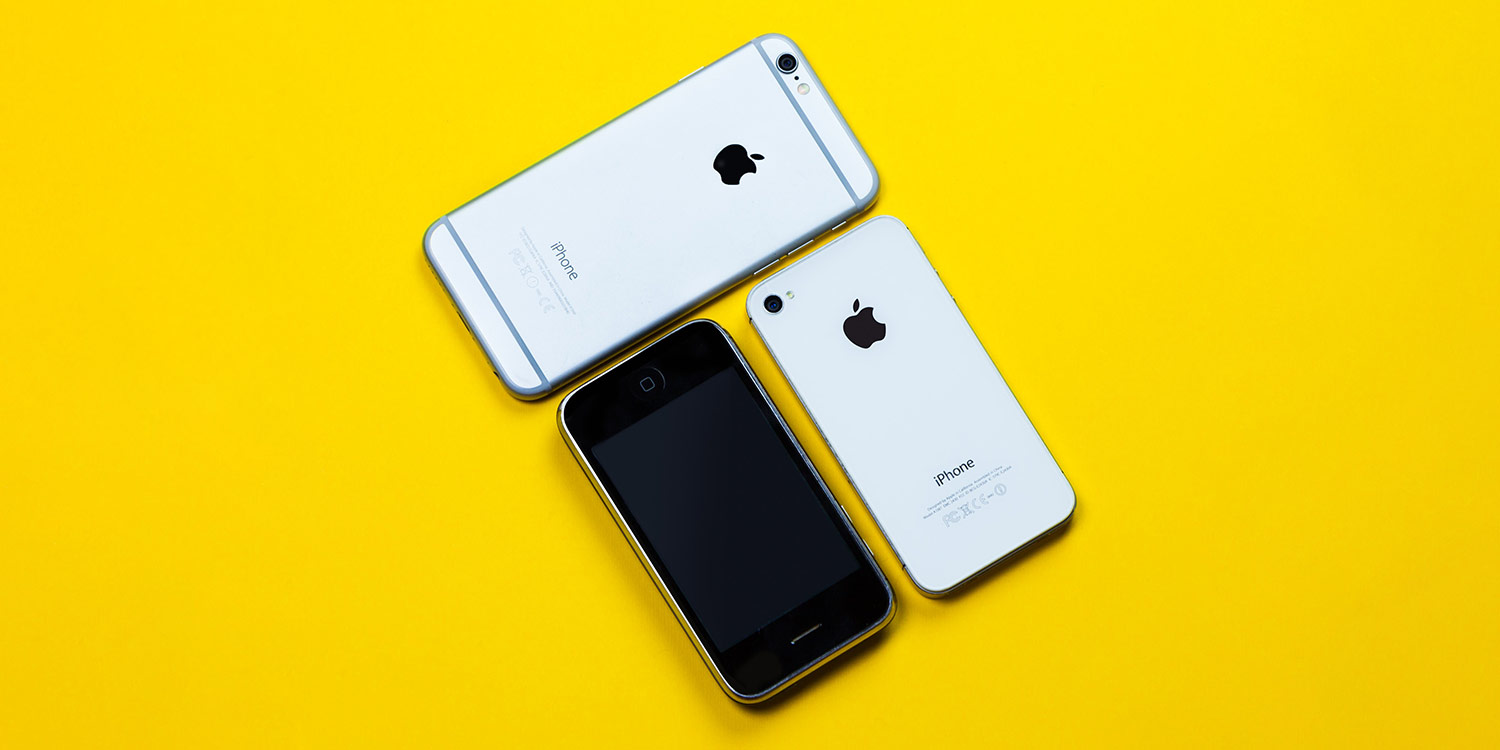Apple is expected to unveil iOS 17 at WWDC in June ahead of a full public release in September. Despite analysts expecting minor changes this year, with a focus primarily on stability, reliable sources state that Apple will drop support for several older devices this year.
It’s expected that iPhone 8, iPhone 8 Plus, and even iPhone X will be deemed too old to update to iOS 17 when it releases, while the first-generation iPad Pros and fifth-generation iPad won’t be abe to update to iPadOS 17.
While this isn’t a huge surprise, with last year’s iOS 16 and iPadOS 16 already dropping support for several devices including iPhone 6s, iPhone 7, and the first iPhone SE, it’s somewhat uncommon for Apple to drop this many models two years running.
Usually, Apple puts significant effort into keeping older devices in the loop for as long as possible – most Apple kit will be able to get the very latest software updates for 4-5 years after release, which is pretty impressive compared with competing smartphones.
Although its reasoning is anyone’s guess, it’s notable that iOS 17 looks set to drop all devices with the A11 chip, which featured a security vulnerability that can’t be fixed with a simple update. Perhaps that alone is the reason.
Meanwhile, those with very old devices still using iOS 11 will see support for most Apple services disappear from May 2023 onwards. Luckily, those devices are compatible with iOS 12 so a simple update – which is still available to this day – should solve the problem.

